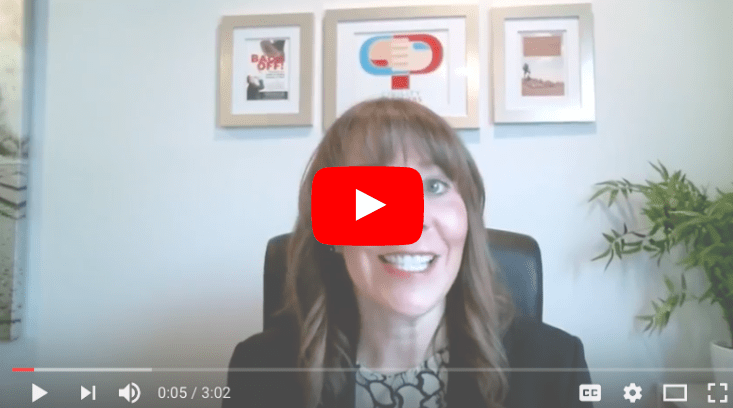Last December, I did something that I never thought I’d do.
I defended “workplace bullies.”
Like many people, I thought people who engaged in workplace bullying were awful people… the academic research I’d read said they were. Everyone online said they were, too.
But then, academic researchers started realizing only about eight years ago that all of their research was through the eyes of targets. They’d been asking targets if people who bullied were malicious, and of course the answer was yes.
And then, I got certified in a specialized coaching method developed by Dr. Laura Crawshaw, who’d been coaching these individuals for 30 years. She’s been defending them all along.
In December, I posted the video below on LinkedIn – and things got ugly.
People were saying “workplace bullies” have psychological problems. And they were saying they have malicious intent.
And I defended the “bullies.” Passionately, forcefully, and wholeheartedly.
The comments got so ugly I had to take the post down.
I know if you’ve been bullied it feels awful. I’ve been there. But I’ve also looked at this phenomenon from more sides than my own. I’ve learned that people engage in bullying because they live in utter fear of being seen as incompetent.
I’ve also learned they are very hurt and saddened to learn that their behavior has caused so much pain.
So, here is the video I posted on LinkedIn, that I ultimately took down. I’m entrusting you to watch it with an open-mind. I am going to re-post it on LinkedIn, and we’ll see what happens…
P.S. If you want to learn more about what drives abrasive leaders, what the process of coaching entails, and the three steps you can follow to intervene as a manager or HR, sign up for my webinar on February 8 at 1 pm PST.
See you there!
Catherine


